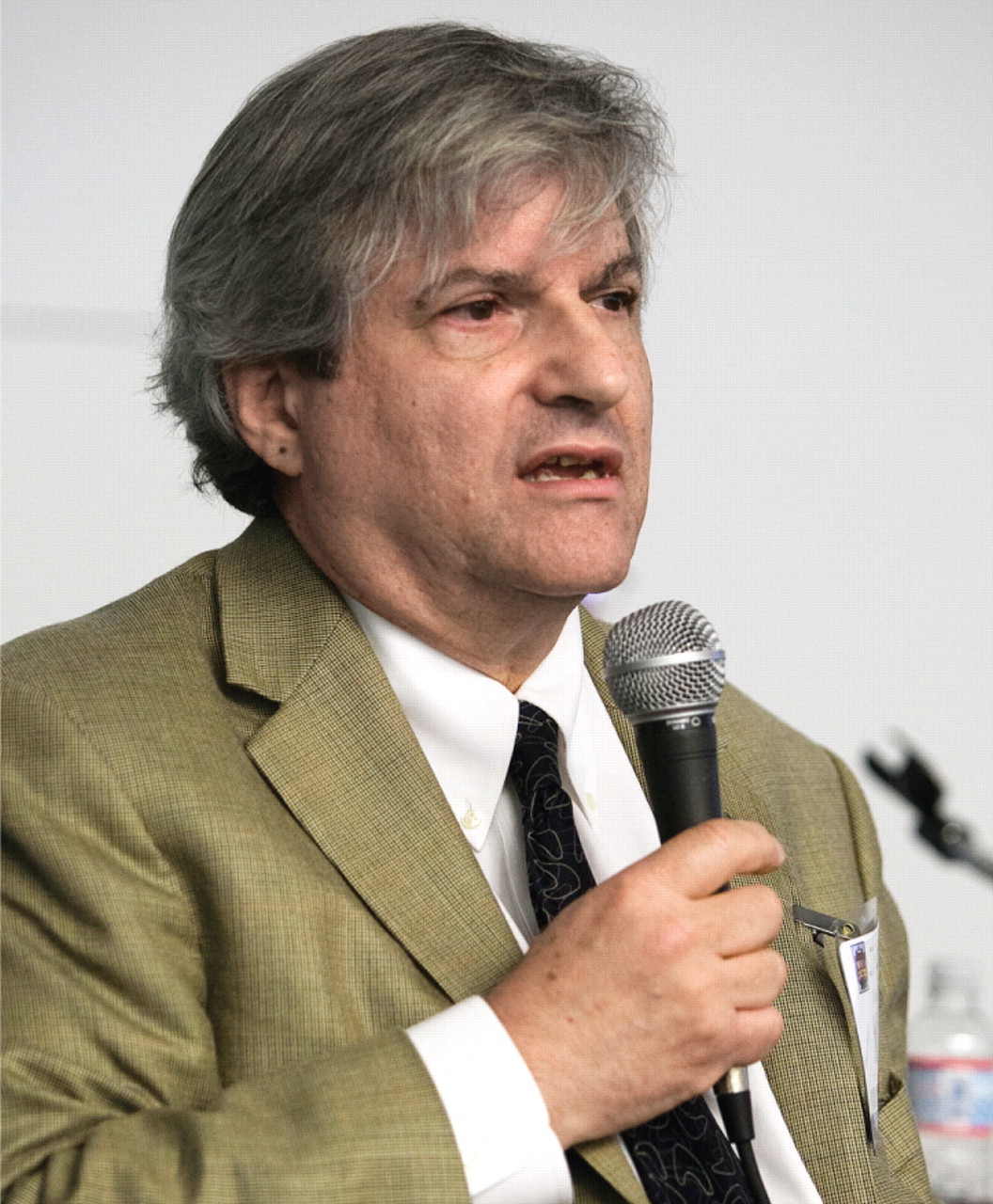Psychiatrists Must Beware the Perils of Cyberspace
Today's psychiatrists face a problem that was unheard of 10 to 20 years ago: with the explosion of online information and social media, how does one manage all the Internet-related complications that could profoundly affect the patient-psychiatrist relationship?
At a workshop during the 2009 APA annual meeting in May, Damir Huremovic, M.D., director of psychosomatic medicine services at Nassau County University Medical Center (NCUMC) in New York, and colleagues discussed the potential pitfalls and transgressions in the patient-psychiatrist relationship within cyberspace.
The Internet offers physicians “an inviting opportunity to collect collateral history” on their patients that may reveal a lot about their patients and potentially influence treatment, said Huremovic.
If a patient has scattered personal information in cyberspace for all to see, can it be interpreted as his or her choice to relinquish confidentiality on this information? What if a patient denies suicidal ideation but posts suicidal messages on an online blog? Because real-life pathology is often reflected in a patient's online persona, the psychological clues gleaned from a patient's online presence may help the psychiatrist conduct the assessment more quickly and thoroughly, he suggested.
In one instance, Huremovic decided to read the blog of a patient who was in a coma because of a suicide attempt. He did not know the patient and, as the consulting psychiatrist, needed to understand and assess the risk of suicidality for the patient quickly once he awoke. Nevertheless, he had mixed feelings about the decision to look at the blog and is still uncertain about whether it was the right thing to do.
Recently, APA's Ethics Committee gave a brief recommendation on whether it is ethical for psychiatrists and residents to Google their patients:“ 'Googling' a patient is not necessarily unethical. However, it should be done only in the interests of promoting the patient's care and well-being and never to satisfy the curiosity or other needs of the psychiatrist” (Psychiatric News, May 1).
On the other side of the coin, patients may Google their psychiatrists and not only uncover their professional credentials but also dig into their personal information, opinions, and attitudes. Many psychiatrists have blogs, Facebook pages, and a chat-room presence that patients could uncover, sometimes anonymously.

Jacob Sperber, M.D., discusses the ethical and therapeutic pitfalls that appear when psychiatrists and patients Google each other.
Credit: David Hathcox
“Patients and psychiatrists secretly Googling each other raises all kinds of legal, ethical, ideological, and personal concerns,” Jacob Sperber, M.D., director of the psychiatry residency training program at NCUMC, told the audience. He believes that searching and gathering information about a patient behind the patient's back potentially violates the patient's autonomy and dignity and breaks the trust the patient has in the psychiatrist. It may be a violation of the patient's privacy, even if the psychiatrist's intention was to provide “zealous care.”
Furthermore, this practice outside of direct, face-to-face communication is potentially detrimental to the therapeutic efficacy of treatment. Unlike other medical specialties, the “psychotherapeutic work ... places maximum importance on the doctor-patient relationship,” Sperber pointed out.
Just as psychiatrists Google their patients, some patients are online searching for information about their psychiatrists. “Relationally, a patient's going to the Internet for information about the therapist robs the patient of the opportunity to work on fears he or she may have of offending the therapist by asking directly,” Sperber said. This avoidance of direct communication may constitute “marked resistance.” In a relational model of psychotherapy, the process of the patients' narrating their own stories is itself a valuable treatment, which cannot be achieved, and may even be negatively affected, if both parties take the shortcut of Googling each other.
Huremovic pointed out that the online behaviors and patterns in the patient-psychiatrist relationship can be a lot more complex than searching for personal information. According to Nielsen Online statistics, Americans spent an average of 75 hours online (at work and at home) in the month of March.
“The use of social networking tools has really exploded over time and is just gearing up,” Huremovic said, citing survey data that indicate people are spending more time on Internet social media such as Twitter, Facebook, MySpace, LinkedIn, YouTube, and blogs. As a result, more personal information ends up online, sometimes anonymously but often not. In addition, the lack of accountability in online interactions can lead to people behaving differently from the way they would in the “real” world.
Today's psychiatrists have to understand and recognize the manifestation of psychopathology in the virtual world, which could “seep into reality, often with devastating consequences,” according to Huremovic. He cited the cases of a girl committing suicide after continued cyber-bullying and harassments and an online suicide pact among youth thwarted by South Korean police. Virtual interpersonal relationships can have a significant impact on people's mental well-being and relationships in real life, he said.
From e-mail correspondence with patients to telepsychiatry and remote consultation, psychiatrists spend a large amount of time online at work and at home just like patients and the public, Huremovic pointed out. They participate in professional and social networks, have formal and casual interactions, and sometimes may not be fully aware of their own online image and how it may be perceived by patients who “see” them online (see Original article: Cyber-Sleuthing Goes Both Ways).
Finally, Huremovic emphasized a generational difference among the general population as well as between supervisors and trainees, who may have a drastically different view of privacy and identity in the online context.“ Trainees are well versed in the online realm,” he said to a chuckling audience, “while supervisors lag behind.” ▪



